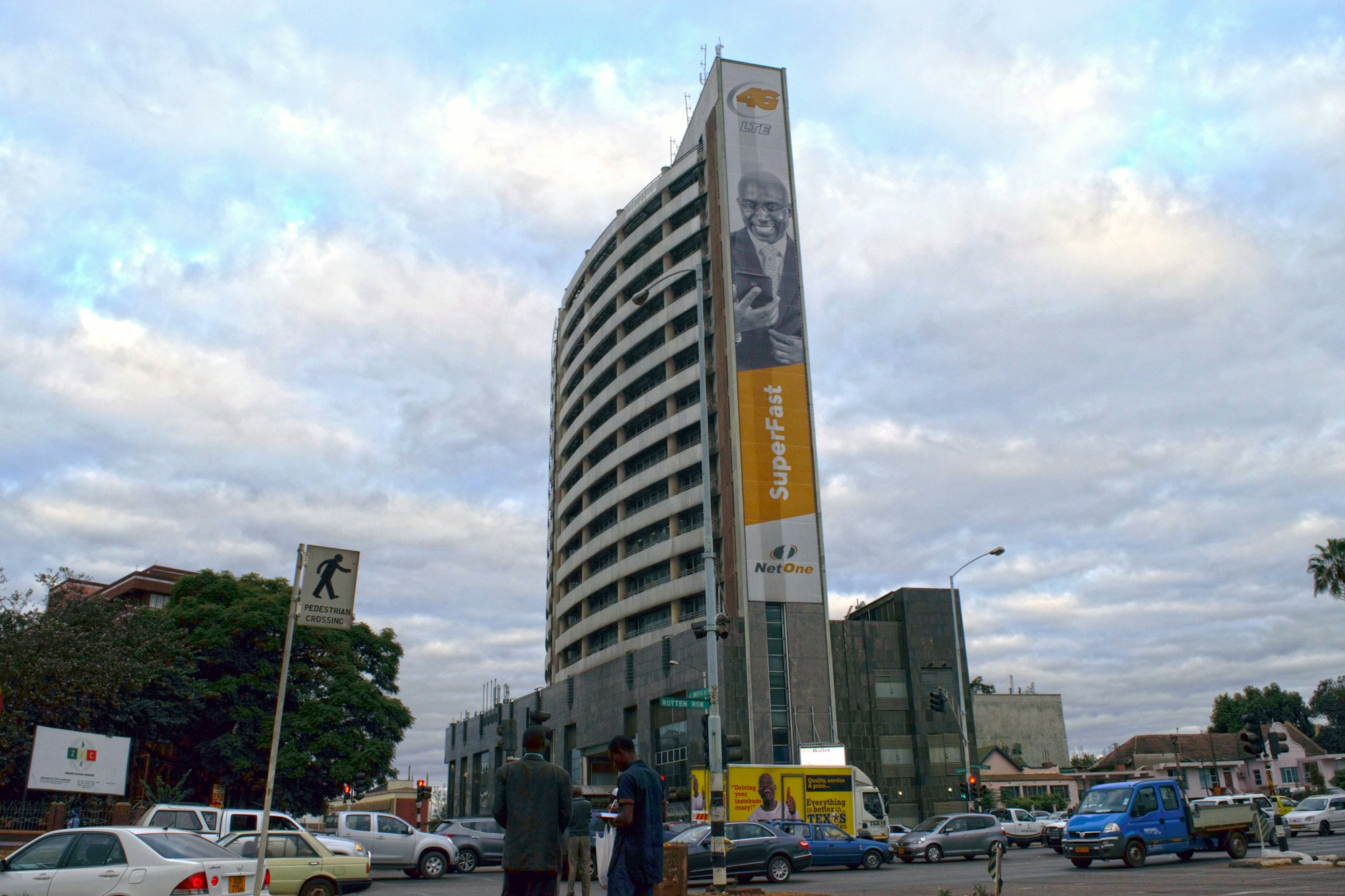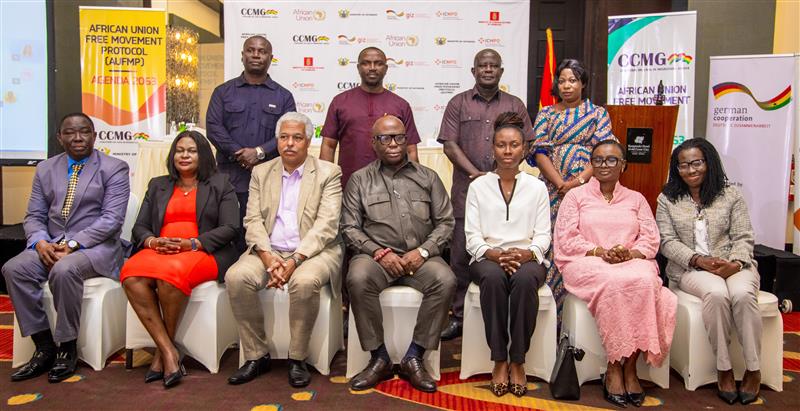By Louis Eriakha
Copyright techloy

Digital lending has become quite commonplace in Africa. Reports show that the African digital lending platform market size was valued at $545 million in 2024 and is expected to hit $2 billion by 2032. So it’s no surprise that several African countries have decided to start regulating the sector a bit more. Ghana is the latest in line.
On September 23, 2025, the Bank of Ghana issued a directive that lays out a licensing regime for companies offering digital credit services. Starting November 3, firms will need to apply through the Bank’s Online Regulatory Analytics Surveillance System (ORASS) if they want to keep operating legally. And the bar has been set high.
First up, money on the table: providers must show a minimum capital of GH¢2 million ($162,000) in their corporate accounts, along with a solid funding plan. They’ll also face a gearing ratio of 8 and transaction limits capped at GH¢10,000 ($810) to prevent reckless lending. On top of that, there are fees. GH¢10,000 ($810) for processing, GH¢20,000 ($1,620) for the license itself, and GH¢10,000 for renewals every two years. It’s not cheap, but regulators argue that it will weed out unserious players.
But capital is only one part of the puzzle. Applicants will need to submit five-year business plans, detailed product outlines, and evidence of strong ICT systems. The Bank is also demanding safeguards against fraud, money laundering, and cyberattacks, plus disaster recovery strategies to make sure operations don’t collapse when things go wrong.
There are also some ownership rules that come into play. According to the directive, at least 30% of equity must be held by a Ghanaian, and no single shareholder can own more than 90%. Directors and managers, meanwhile, will be vetted under “fit and proper” standards, which means proving both competence and integrity.
For context, Ghana’s move mirrors a wider regional trend. Kenya has already introduced stricter oversight for mobile lenders, while Nigeria continues to fine operators who exploit consumers. Ghana’s directive seems aimed at striking a balance, letting innovation thrive while protecting borrowers from abuse.
In short, the Bank of Ghana wants to clean up a sector that’s grown too fast for comfort. With time, we’ll get to see if these requirements would be enough to weed out any unserious players or if this just ends up being more of a smokescreen.



